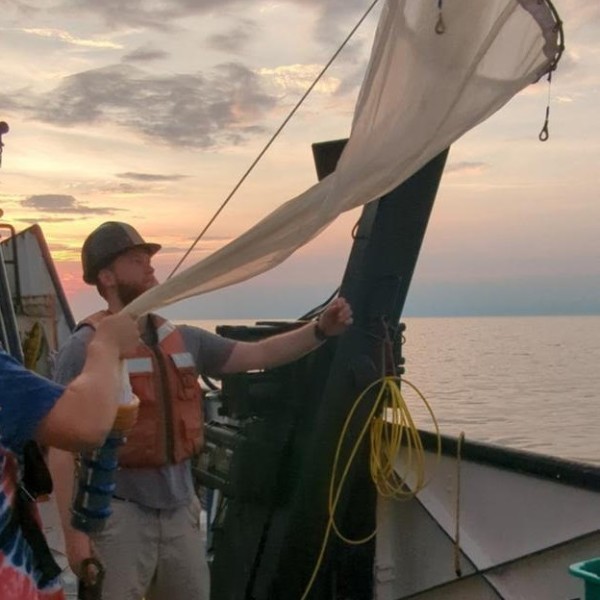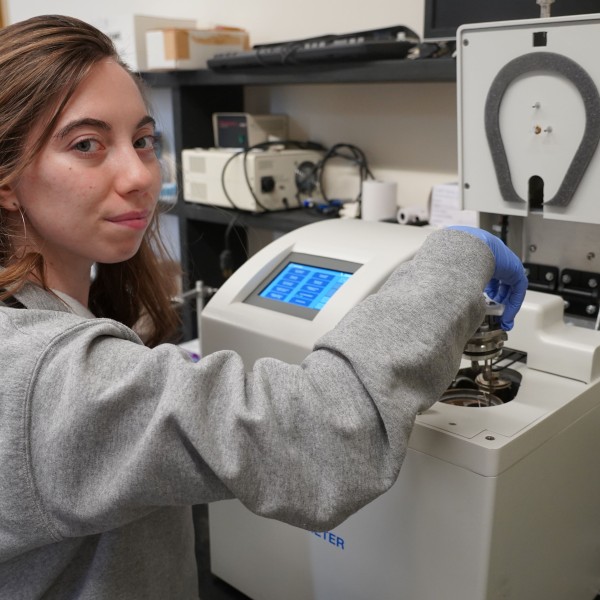Academic focus:
Ocean conservation and social-ecological systems.
Research summary:
I study the relationship between people and the ocean, ranging from Indigenous Pacific Islander communities traditionally managing coral reefs to geopolitical conflict over fisheries and climate change. I partner with other curious and empathetic individuals and groups to understand how and why society engages with the ocean.
What do you like to do when you’re not working?
In no particular order: playing and/or listening to music – I play the ukulele, guitar and bass, and occasionally DJ. I also have a steadily growing vinyl collection; running – I’m currently training for my eighth marathon (Honolulu in December); equal parts home-bodying and adventuring with my partner, Hannah, and our dog, Horton.
What are your current outreach/extension projects?
I’m from the island of Saipan – a U.S. territory in the western Pacific – and, along with some friends, established a conservation-focused NGO, Tano Tasi yan Todu (translates to land, sea and all therein). Through our NGO we host a free conference on local environmental sciences.
What are three adjectives people might use to describe you?
Goofy, optimistic, patient.
What (specifically) brought you to Cornell CALS?
The land-grant mission with Ivy League resources. While land-grant programs are the direct result of Indigenous land dispossession, the mission of advancing the lives and livelihoods of citizens through teaching, research and public service is one that I fully believe in and, with the right moral underpinnings, has the potential to repair past harm and democratize the scientific endeavor.
What do you think is important for people to understand about your field?
Environmental conversation and natural resource management is about managing people. Biological and ecological systems are more than happy to accommodate us, so long as we remember how we fit into the bigger picture. That’s the goal of my work: facilitate a remembering of our role in the big picture.
Why did you feel inspired to pursue a career in this field?
I chose conservation because I care about people. We are all happier and friendlier when we’re able to access, explore and commune with the more-than-human world. Learning from others around the world about how to achieve and maintain that connection is a constant source of inspiration.
What’s the most surprising/interesting thing you’ve discovered about Cornell and/or Ithaca so far?
The number of ice cream parlors in the area – thank goodness for the hills and gorges of Ithaca!
If you had unlimited grant funding, what major problem in your field would you want to solve?
With unlimited funding, I’d solve the problem around Indigenous land rights and conservation. I’d purchase and return stolen Indigenous land back to the ancestral holders. Indigenous people make up less than 5% of the world’s population, but their territories support 80 percent of global biodiversity and contain nearly 40% of the world’s protected areas. The highest-value, most impactful conservation occurs under Indigenous stewardship. Stepping back and learning from Indigenous people can transform conservation.





